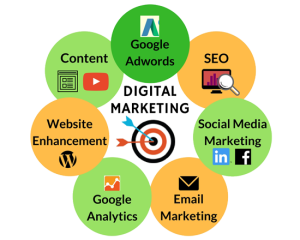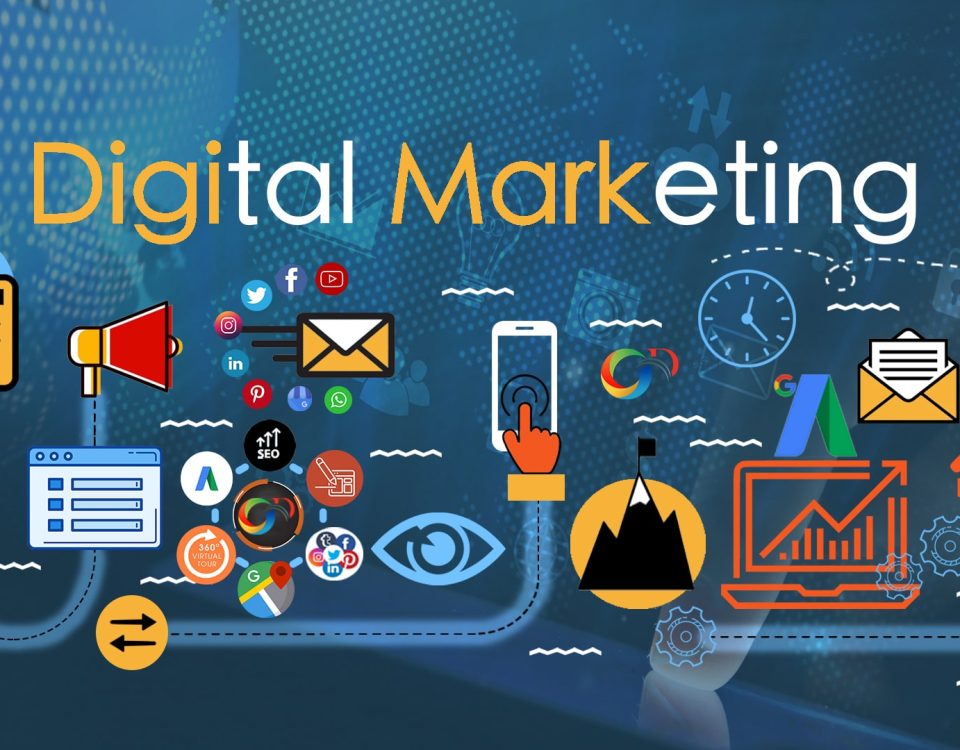- Have any questions?
- (Prasad) +91 96191 46851 | (Parag) +91 99878 20022
- support@pnpwebdesign.com
Unveiling the Power of Digital Marketing Websites: Your Gateway to Online Success

Elevate Your Online Presence with Exceptional Web Design Services
January 30, 2024
Crafting a Winning Online Presence: How to Create a Website for Your Business
January 31, 2024Unveiling the Power of Digital Marketing Websites: Your Gateway to Online Success

In the ever-evolving digital landscape, having a strong online presence is crucial for businesses to reach and engage their target audience effectively. A well-designed and strategically optimized digital marketing website serves as the cornerstone of any successful online marketing strategy. In this comprehensive guide, we’ll explore the importance of digital marketing websites. The key elements of effective design, and how they can help businesses thrive in today’s competitive digital marketplace.
Understanding the Significance of Digital Marketing Websites:
A digital marketing website is more than just an online brochure—it’s a dynamic platform that showcases a business’s products or services. Communicates its brand message, and drives customer engagement. It serves as a hub for all digital marketing efforts. Including content marketing, social media marketing, email marketing, and search engine optimization (SEO). A professionally designed and optimized digital marketing website is essential for attracting and converting leads, driving sales, and building long-term customer relationships. The passive observer is introduced to the critical role of digital marketing websites in today’s digital ecosystem. Recognizing their significance as a central hub for online marketing activities.
Key Elements of Effective Digital Marketing Websites:
-
User-Centric Design:

Effective digital marketing websites are designed with the user in mind. Providing a seamless and intuitive experience that encourages engagement and conversion. User-centric design focuses on understanding the needs, preferences, and behaviors of the target audience and tailoring the website accordingly. This includes intuitive navigation, clear calls-to-action (CTAs), and responsive design to ensure accessibility across devices. The passive participant delves into the importance of user-centric design. Recognizing its role in creating a positive user experience and driving desired actions.
-
Compelling Content:
Content is king in the world of digital marketing, and a successful digital marketing website relies on high-quality, relevant, and engaging content to attract and retain visitors. This includes informative blog posts, compelling product descriptions, captivating visuals, and interactive elements that provide value and encourage interaction. Content should be optimized for search engines to improve visibility and drive organic traffic to the website. The passive explorer explores the significance of compelling content, recognizing its role in capturing attention, building authority, and driving conversions.
-
Strategic SEO:



Search engine optimization (SEO) is essential for ensuring that a digital marketing website ranks prominently in search engine results pages (SERPs) and attracts organic traffic. Professional digital marketing websites incorporate strategic SEO techniques, including keyword research, on-page optimization, link building, and technical optimization, to improve visibility and drive targeted traffic to the site. By optimizing content and website structure for relevant keywords and search queries. Businesses can increase their chances of being discovered by potential customers online. The passive observer delves into the importance of strategic SEO. Recognizing its role in driving organic traffic and improving online visibility.
-
Integrated Social Media:



Social media plays a crucial role in modern digital marketing, and successful digital marketing websites seamlessly integrate social media channels to amplify their reach and engagement. This includes incorporating social sharing buttons, embedding social media feeds, and creating shareable content that encourages users to spread the word across their networks. By leveraging the power of social media, businesses can expand their audience, foster brand awareness, and drive traffic back to their website. The passive participant explores the significance of integrated social media. Recognizing its role in extending reach, fostering engagement, and driving website traffic.
-
Conversion Optimization:
Ultimately, the goal of a digital marketing website is to convert visitors into leads, customers, or subscribers. Conversion optimization focuses on analyzing user behavior, identifying pain points, and implementing strategies to maximize conversion rates. This may include A/B testing, optimizing landing pages, improving website speed and performance, and streamlining the checkout process for e-commerce websites. By continuously refining and optimizing the user experience, businesses can increase their chances of success and achieve their marketing objectives. The passive explorer delves into the importance of conversion optimization, recognizing its role in driving measurable results and maximizing ROI.
Conclusion:
In conclusion, a well-designed and strategically optimized digital marketing website is essential for businesses to succeed in today’s competitive online landscape. By focusing on key elements such as user-centric design, compelling content, strategic SEO, integrated social media, and conversion optimization, businesses can create a powerful online presence that attracts, engages, and converts their target audience effectively. So, if you’re looking to take your digital marketing efforts to the next level. Investing in a professional digital marketing website is a smart choice that can yield significant returns in the long run.





